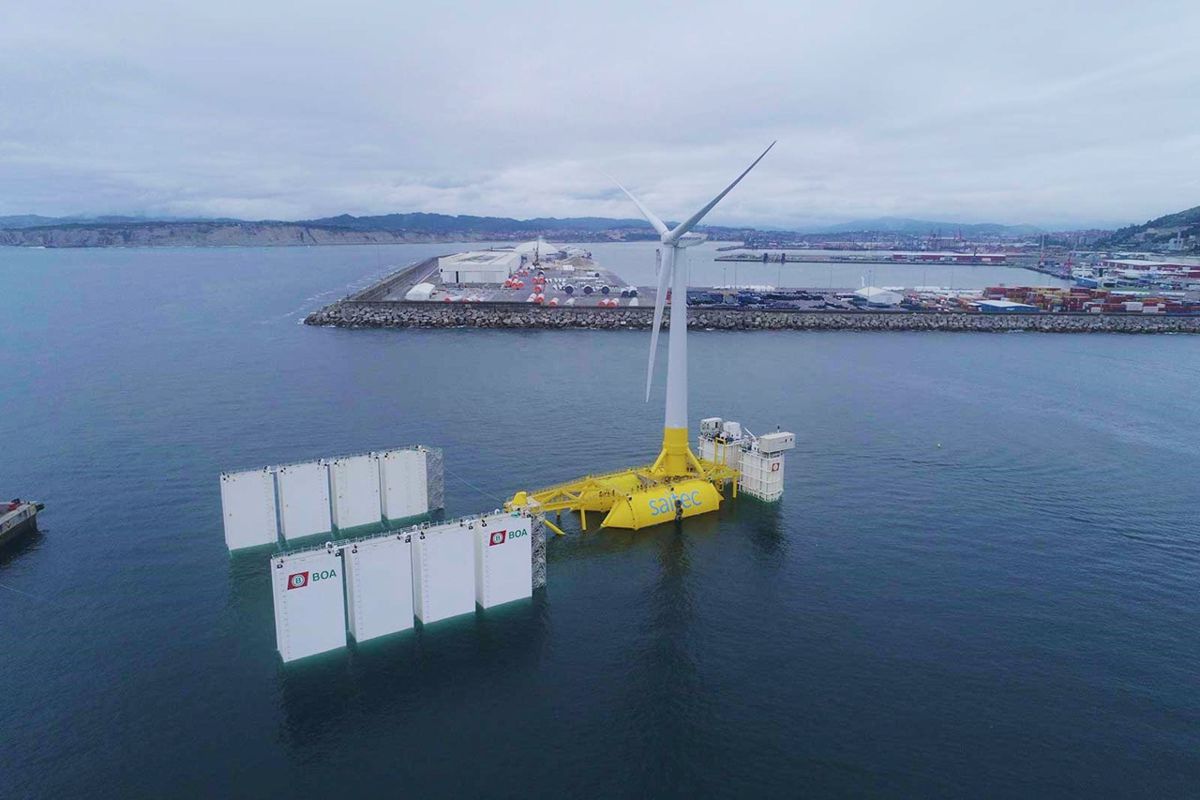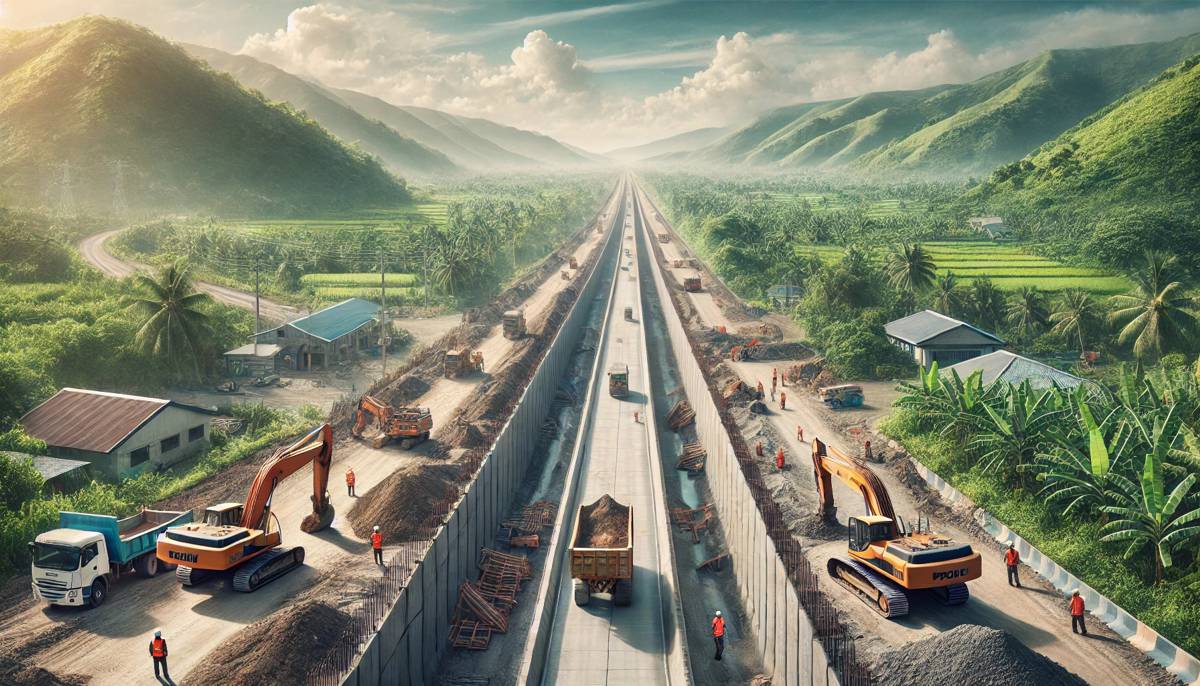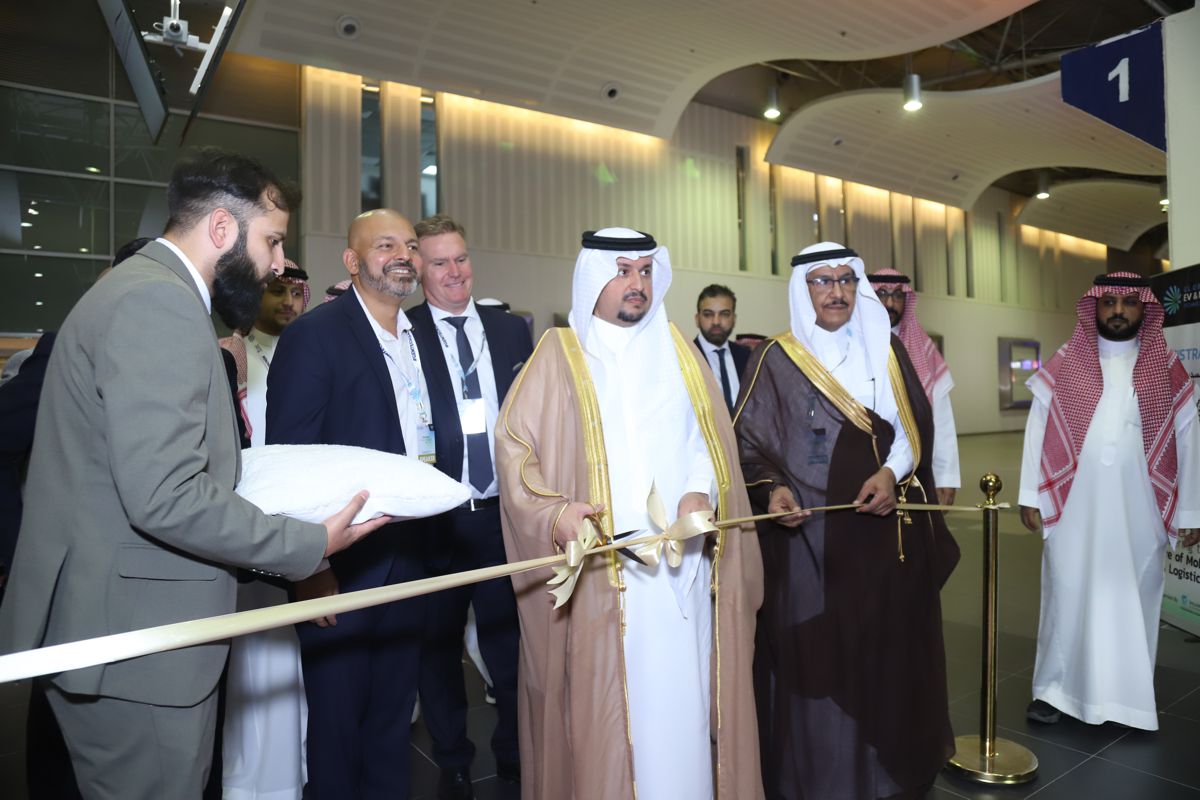Ferrovial and RWE to construct and operate Wind Projects off the Spanish coast
Ferrovial, the sustainable infrastructure and mobility company, and RWE, a world-leading renewables player, have agreed on a partnership to analyse the joint development, construction and operation of floating offshore wind projects off the Spanish coast.
The companies have signed a Memorandum of Understanding (MoU) to set up the terms of a final agreement. The partnership represents a strong combination of experience and expertise in offshore wind development and construction, efficient project delivery, safe operation, and extensive knowledge of the Spanish energy market.
“This agreement represents a further step in our firm commitment to decarbonizing the economy, and to renewable energies. At Ferrovial, we clearly see the growth opportunities that this sector offers, which is why we have decided to partner with another market leader, RWE. Its capabilities, especially in offshore wind are highly regarded and its presence in the renewables sector make it the right partner to strengthen our bid in Spain,” said Gonzalo Nieto, CEO of Ferrovial Energy Infrastructure and Mobility.
“Spain has been an important core market for RWE to grow our solar and onshore business for many years. Now we are excited to go one step further. Floating offshore wind is key to meeting the increasing demand for renewable power in Europe, delivering sustainability solutions, supporting local industries, and creating new, future-proof jobs. Together with our partner Ferrovial we are committed to contributing towards Spain’s offshore wind objectives – hand in hand with the local communities and supply chain. We bring more than 20 years of experience in the offshore industry to this partnership,” said Sven Utermöhlen, CEO of RWE Offshore Wind GmbH.
The powerful partnership will boost the expansion of offshore wind to contribute to Spanish energy targets. Spain has laid out a roadmap to becoming a leading European market for floating offshore wind, setting a target of 3 gigawatts (GW) of floating offshore wind capacity by 2030. Spain is a highly attractive market with significant development opportunities for offshore wind. In fact, the National Marine Spatial Plan indicates a potential capacity of more than 20 GW. The Spanish government has agreed on floating wind as the preferred technology for offshore wind, based on the considerable water depths.
To date, Ferrovial has submitted expressions of interest for four wind farms in the country with an installed capacity of 1,750 MW. Specifically, the company plans to build these infrastructures off the coast in Lugo, Pontevedra, Gerona and Gran Canaria. All of them would be located between 11 and 30 kilometres from the coast.
Partners have strong expertise along the value chain
With the aim of promoting and developing new sustainable business opportunities and coordinating existing initiatives related to energy infrastructure, Ferrovial created the Energy Infrastructure and Mobility business unit under its Horizon 24 strategic plan. Through this unit, Ferrovial participates in all phases of the projects, leveraging its experience at all stages from identification of opportunities to development, financing, construction, and operation. The company first entered this market in 2016, when it acquired control of Chilean company Transchile, which operates a 204-kilometer power line and supplies 300,000 people.
This initiative was followed by numerous other projects, including the construction, operation, and maintenance of the El Berrocal photovoltaic plant in Seville (Spain), the Tap Mauro transmission line (Chile) and the 250-kilometre Centella line (Chile), currently under construction. The activity is concentrated in Ferrovial’s main markets, particularly the United States, Spain, Chile and Poland. It also plays an important role in the company’s ESG strategy, through its contribution to combating climate change and to decarbonization.
RWE is one of the world’s leading companies in offshore wind, covering the entire value chain from project conception and development to construction, as well as operation and maintenance. RWE aims to be recognized as a sustainability leader in offshore wind, delivering sustainable solutions around the world. With unparalleled expertise accumulated over the last 20 years, RWE now operates 18 wind farms in five countries.
By 2030, RWE plans to grow its offshore wind capacity from 3 GW to 8 GW (accounting only for RWE’s share). Globally, RWE is driving an offshore wind development pipeline of 10 GW with secured offshore rights. RWE’s focus for further growth is on North America, the Asia Pacific region, and attractive markets in Europe.
RWE is well on the way to becoming a leader in floating wind. In addition to winning a tender in California, RWE has been selected as qualified bidder for two commercial floating projects off the French coast. Now, the company is preparing for joint participation in the Utsira Nord floating wind tender in Norway, while investigating floating wind opportunities in the APAC region.
To build up experience in advance, RWE is participating in various floating demonstration projects, each based on a different foundation concept. For example, in Spain RWE and Saitec Offshore Technologies are testing the DemoSATH floating unit, which is planned to be installed later in 2023.
Ferrovial was responsible for the construction of the DemoSATH concrete platform. RWE’s partnership with Ferrovial in offshore wind builds on a long-established renewables business in Spain, comprising onshore wind capacity of around 490 MW, solar capacity of more than 90 MWac and more than 150 MW under construction.















